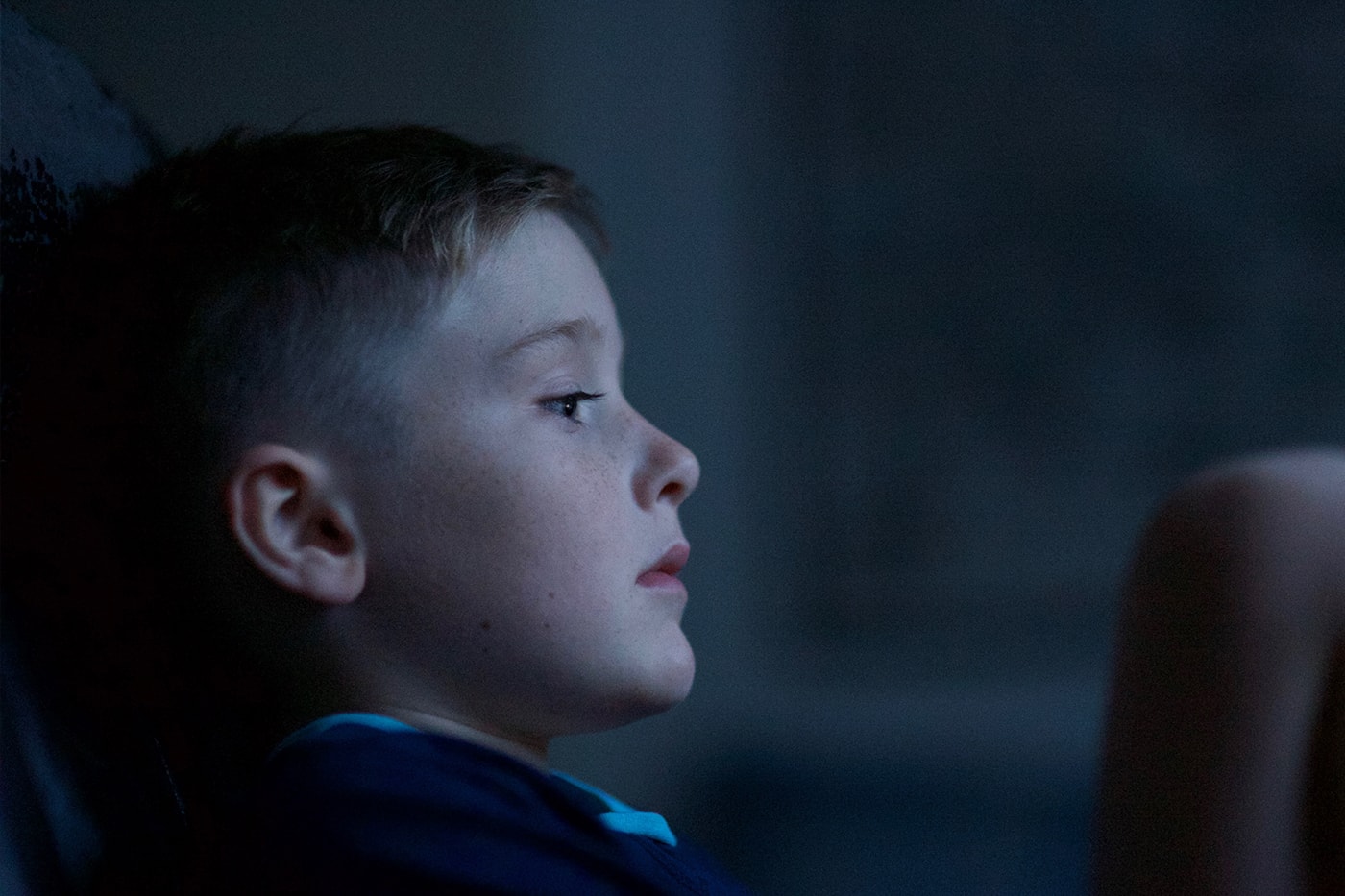What Does Child Sexual Abuse Do to the Brain?
Here at Saprea, one of the main reasons we protect children from sexual abuse is to set them up for success in the future. Sadly, childhood sexual abuse can have an impact throughout someone’s life. For example, the ACE Study shows that certain childhood experiences (including sexual abuse) increase the risk of things like alcoholism, depression, and poor academic achievement. Some information about the impact of abuse on the brain can help you understand how abuse can lead to a variety of negative results and why it’s important to get kids the help they deserve.
The Two-Part Brain
Our brains have lots of independent parts that need to work together in order to help us process our surroundings and have healthy, productive responses. Two of the most important parts of the brain are the limbic system and the prefrontal cortex. The limbic system is the survival part of our brain. It drives us toward safety by avoiding pain and seeking pleasure. These drives are powerful and occur mostly on a subconscious level. In contrast to the limbic system, the prefrontal cortex is the rational, conscious part of our brain where logical reasoning, abstract thinking, and behavior regulation occur.
Brain Development in Childhood
Starting in infancy, the brain is in an intense learning phase as we experience the world around us, and our brains continue to develop for many years. If trauma from sexual abuse occurs during childhood and teen years, the brain’s development can be hindered. Specifically, trauma can cause the limbic system to get stuck in perpetual survival mode and see the world as an unsafe place even after threats of danger fade. The instinctual limbic system will overpower the rational prefrontal cortex and make a child feel unsafe constantly, whether there’s something to be afraid of or not. In his book The Body Keeps the Score,* Dr. Bessel van der Kolk explains that “trauma produces actual physiological changes, including a recalibration of the brain’s alarm system.” These feelings of danger and alarm can lead to many negative results for the child.
What You Can Do
First and foremost, work to protect your child from sexual abuse so that their brain can develop in healthy ways. Second, if sexual abuse has occurred, ensure that your child gets the support that they need. There are specific things you can do to help. Often a child will need to work with a therapist to recover from what has happened. Unfortunately, children won’t just recover from sexual abuse on their own. They’ll need help processing what has happened and developing healthy responses to their experiences and surroundings. Even if a child seems fine, you should still seek out professional help.
You play a key role in protecting your child from sexual abuse and helping them recover if anything has happened. We know that this responsibility can feel overwhelming, but focus on the power you possess to set your child up for success.
Share this Post
